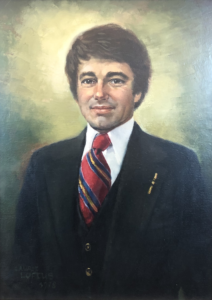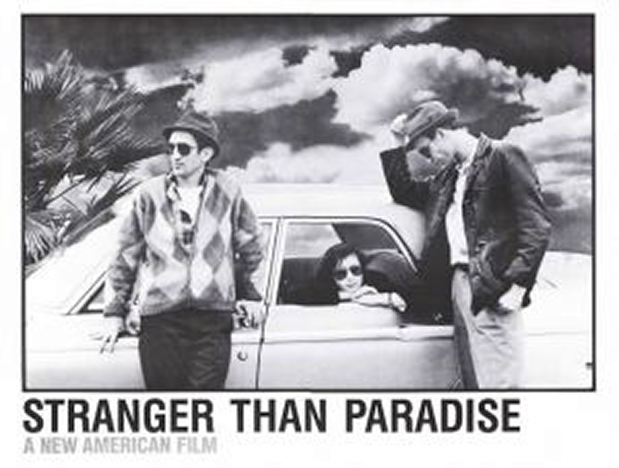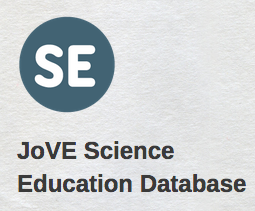Favat Collection Name Expanded to Reflect Changing Focus

In 1977, Northeastern University established an endowed fund to support the Library in the memory of F. André Favat, an associate professor of English education in the Department of Instruction. Dr. Favat had died the previous year at age 38. At the time of his death, Dr. Favat was also director of the National Council of Teachers of English and president of the Massachusetts Council of Teachers of English. The fund is designated for the purchase and preservation of books, primarily children’s literature and books on education.
Dr. Favat’s experience in curriculum development and the teaching of future educators led to the naming of the curriculum center at Northeastern as the Favat Center for Curriculum Materials and Children’s Literature. This center moved into Snell Library when the building opened in 1990. At a time when teacher education was a popular program of study at Northeastern, the Favat collection was used primarily by student teachers as well as students in a regularly offered children’s literature course. Longtime Library staff also recall parents browsing the collection for their kids, and children from Northeastern’s Call Childcare Center being brought for visits!
However, for some time now, the collection has included a significant number of young adult (YA) titles as well as books for younger readers. As the collection became used less for teaching purposes, we observed that it was being used more by our students, faculty, and staff for recreational reading. YA literature has become extremely popular reading material for adult readers as well as teens, as any Harry Potter or Katniss Everdeen fan would tell you. So, we decided to expand the collection name to the Favat Children’s & Young Adult Collection, in order to more accurately convey to our users what kind of books they might find there.
The historical children’s and young adult collection that now makes up a significant portion of the Favat Children’s & Young Adult Collection comes from the original curriculum center. The more current additions to the collection represent the best in children’s and YA literature through collection of the major American award-winning titles as well as a popular YA literature collection strong in fantasy, science fiction and modern young adult literature. The Favat Collection currently contains 10,226 titles—over the past five years, an average of 130 titles per year are added. It is managed by Janet Morrow, our Head of Resource and Discovery Services. Thank you to Janet for providing information about the Favat Collection, past and present, for this post!
Materials in the Favat Collection are located on the third floor of Snell Library. Some new materials may be shelved temporarily in The Hub on the first floor. The Archives and Special Collections also hold the papers of Dr. Favat.
![By Unknown or not provided (U.S. National Archives and Records Administration) [Public domain], via Wikimedia Commons Eleanor Roosevelt is seated at a table on the Meet the Press set. She is smiling at a man standing behind her. Host Ned Brooks is seated next to them.](https://librarynews.northeastern.edu/wp-content/uploads/2017/09/Eleanor_Roosevelt_on_Meet_the_Press_in_New_York_City_-_NARA_-_195996-300x224.jpg)

